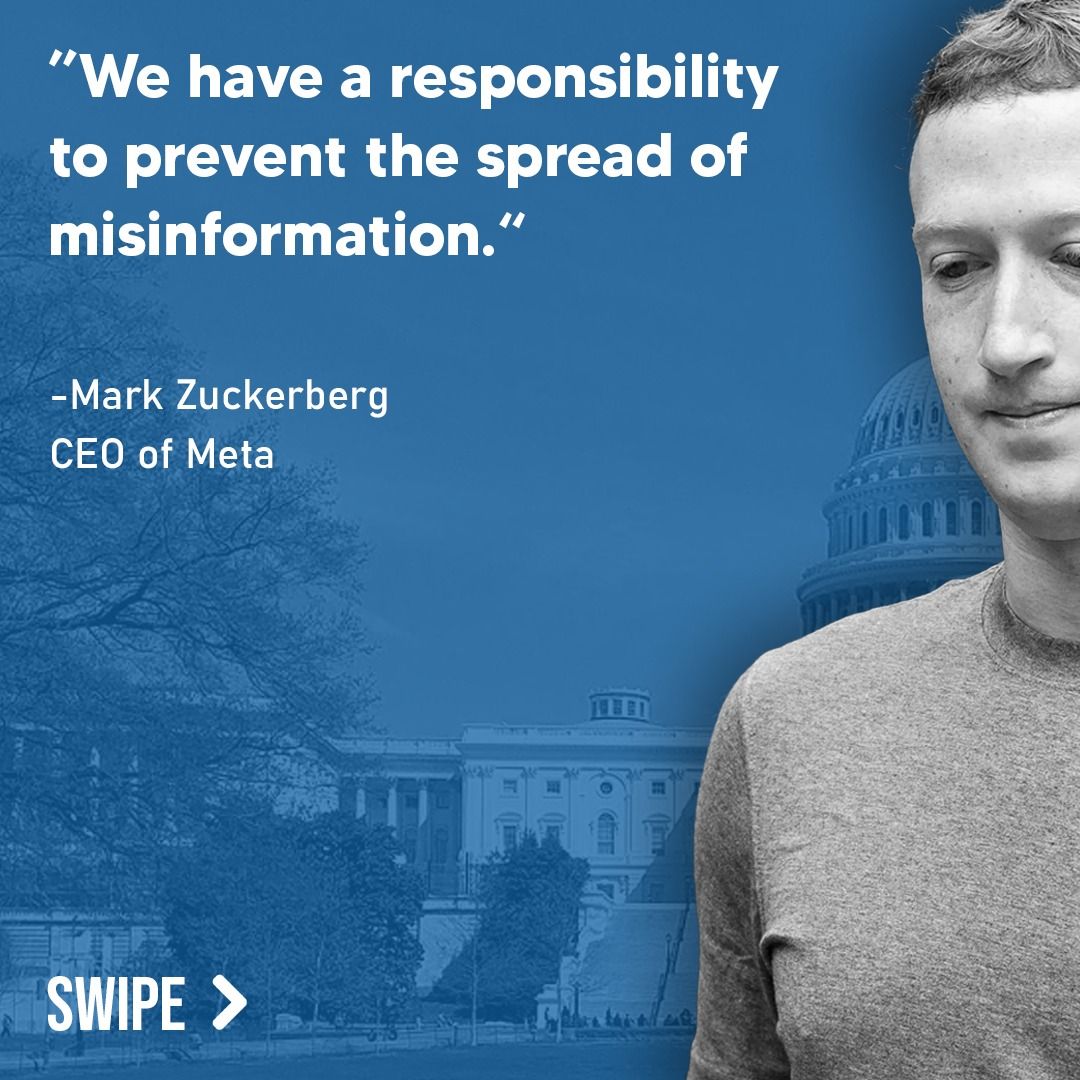Investigating Claims About Elon Musk’s DOGE Team and Student Loan Data Access
Introduction
Concerns over privacy and data security have taken center stage after a federal judge temporarily blocked Elon Musk’s Department of Government Efficiency (DOGE) team from accessing student loan databases. This ruling followed a lawsuit by the American Federation of Teachers, alleging unauthorized use of sensitive borrower information. Users have asked whether this decision implies that the government had been violating privacy laws all along. Our fact-check breaks down the key claims and assesses whether this article presents an accurate picture of the situation.
Historical Context
The federal student loan system has been a target of audits and efficiency evaluations in the past. However, granting external organizations access to sensitive borrower data is a new and controversial issue. The DOGE initiative, spearheaded by Musk, aimed to assess inefficiencies in government operations, but its access to student loan records sparked legal challenges. This case raises broader questions about privacy protection and the government’s handling of personal data.

Examining Key Claims
Claim #1: The government had justified giving DOGE access to sensitive student loan data.
The article states that the government believed DOGE’s data access was “appropriate.” However, the judge ruled that the government failed to convincingly justify why Musk’s team needed access to specific personal details, such as Social Security numbers and household income. The Education Department had not provided clear arguments in court defending the necessity of this access. While this does not prove a direct violation of privacy laws, it does indicate procedural weaknesses in how data-handling decisions were made.
Claim #2: The court ruling suggests the government was violating privacy laws.
The article explains that Judge Boardman found merely allowing DOGE access to personal information constituted a “concrete injury” to borrowers. However, the ruling does not explicitly declare a legal violation by the government. Instead, the judge issued a temporary restraining order while further litigation determines legality. This means the government’s actions raised serious privacy concerns but were not officially ruled unlawful—at least not yet.
Claim #3: The teachers’ union is likely to win its lawsuit.
The article states that Judge Boardman “indicated that she believed the teacher’s union would prevail.” While the judge did make statements suggesting the union had a strong case, legal experts often caution that preliminary rulings do not guarantee final outcomes. Complex legal arguments remain unresolved. The final verdict will depend on whether the government can present a more compelling case justifying its decisions in later stages of litigation.

Conclusion
This article accurately reports on the judge’s decision and the ongoing lawsuit but presents some conclusions as more definitive than they are. The ruling raises serious privacy concerns and casts doubt on the government’s justification for granting DOGE access to personal data. However, the article’s implication that the government definitively violated privacy laws is premature. The legal process is still unfolding, and final judgments have not yet been made.
Stay Informed and Fight Misinformation
Misinformation thrives when context is ignored. Ensure you’re getting accurate news by downloading the DBUNK app.

Read the Original Article
For full details, visit the original source:
New York Times Article

